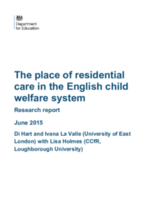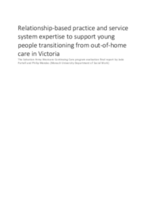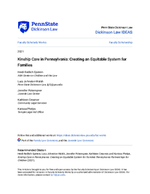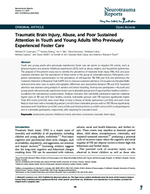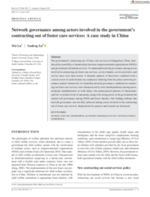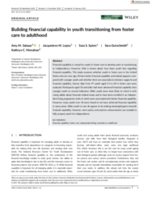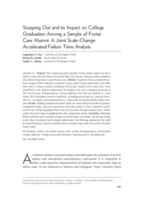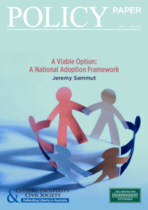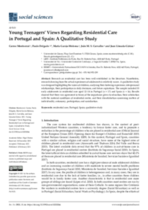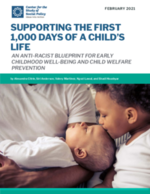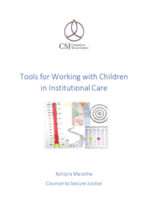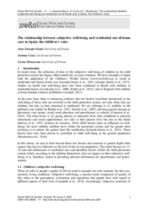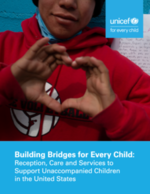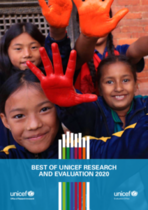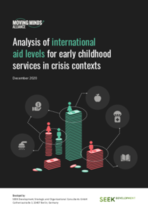The place of residential care in the English child welfare system: Research report
This rapid review of the literature on residential care for looked-after children in the UK aims to describe the use of residential care for children within the child welfare systems of England and other relevant countries; review the evidence on children’s outcomes from residential care; and review the quality of the evidence and identify gaps in the evidence base in order to inform future research priorities.

